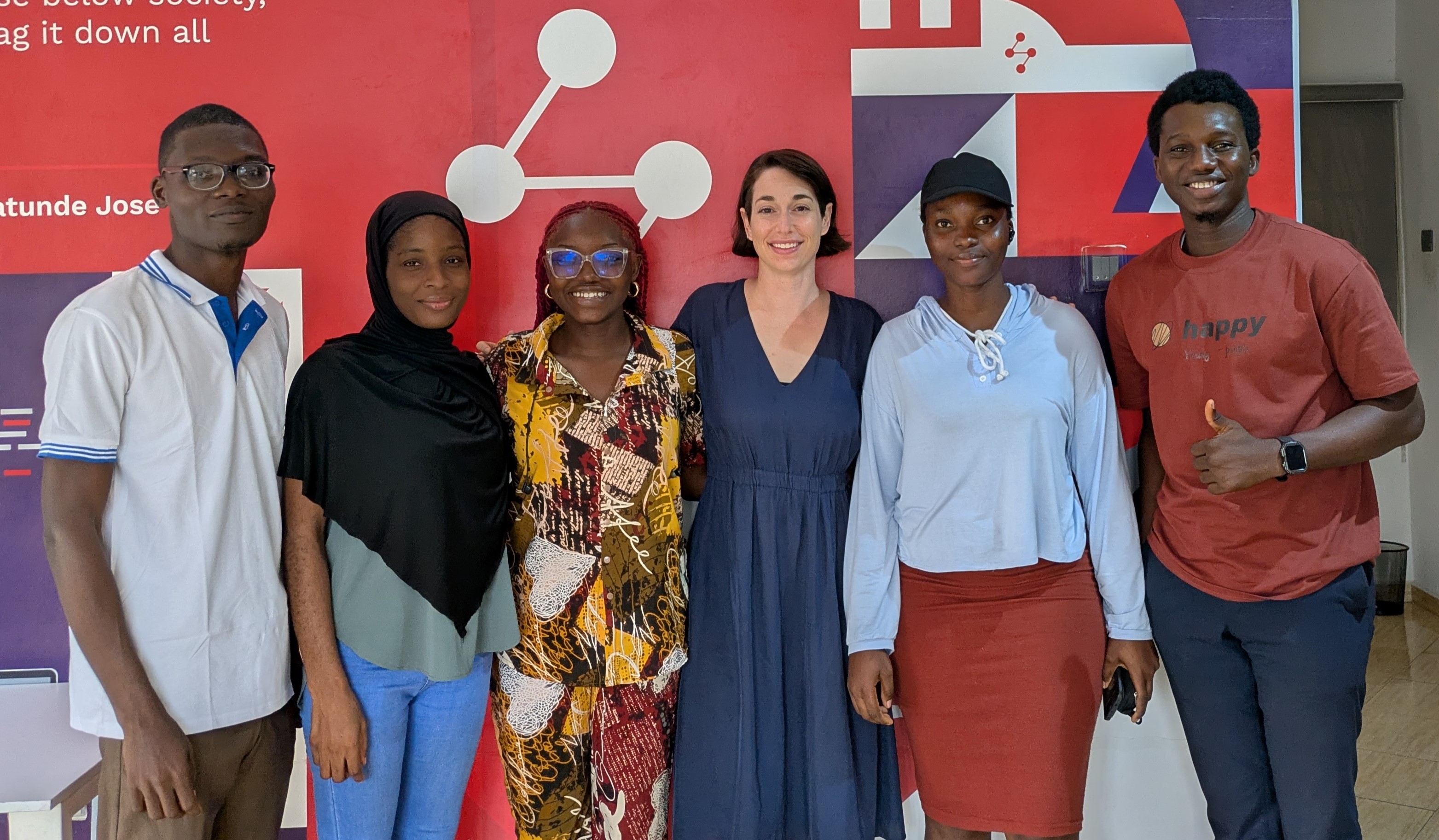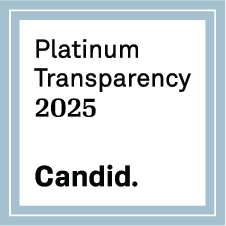Improving the transport ecosystem in Lagos: Ferries are available on OpenStreetMap!
Nigeria • Community-Led
Lagos is home to approximately 21 million people, who grapple with congested road networks daily. Yet the city’s defining feature, its intricate network of rivers and creeks, is largely untapped by most commuters. Stears Open Data is a non-profit initiative that is partnering with HOT’s West and Northern Africa Hub to make Lagos’s ferry routes, docks, schedules, and fares available on OpenStreetMap, unlocking a cleaner, faster, and more inclusive way to get around.
The Challenge
Roads and highways account for more than 90% of transportation across the country, with water transport making up less than 1% in a city defined by its islands and peninsulas. Like most urban cities, Lagos struggles with congestion and increased air pollution due to this. Ferries however make for a compelling solution, with the ability to save time by moving a large number of passengers across water with minimal emissions. The city has already begun to integrate boats into its transportation ecosystem with formal modes like the LagFerry and more informal routes, operated by private individuals.Yet most informal operators lack any digital presence, and even Lagos’s LagFerry service is difficult to plan around without accurate, public data.
How Open Data Helps
When Stears Open Data produced the first comprehensive and interactive map of ferry locations and routes for Lagos, Nigeria, their goal was to make the information available to as many people as possible increasing awareness and usage of water transportation. Recognizing the value of contributing to open platforms like OpenStreetMap created a strong foundation for a collaboration with the Humanitarian OpenStreetMap Team (HOT). This led to a joint effort to support a data import process and advance the broader open data ecosystem.
“OpenStreetMap was an ideal data publishing partner because of our shared mission to make important information freely available to the public. They serve tens of millions of registered users around the world, many of whom rely on OpenStreetMap for public transportation data and routing information. We also respect their commitment to expanding data coverage of Africa and building a network of contributors here.”
Hannah Kates, Head of Open Data at Stears.
.jpg)
Since the Stears team had not made bulk data edits on OpenStreetMap before,there was a clear need for technical guidance to ensure accuracy and adherence to OSM community standards. The West and North Africa Hub facilitated access to relevant expertise by connecting the team with members of the local OpenStreetMap community in Nigeria. A specialized training session was organized covering sessions on data contribution to OSM, tagging principles, and tools for mapping and data upload. Because local technical communities are key enablers of open data collaboration, their contributions help strengthen the capacity of organizations to engage with global platforms like OSM, promote knowledge sharing, and foster more inclusive participation.
What Approach Was Used
During the in-person training in Lagos, the teams were guided through:
-
Project Introduction: Local OSM mappers were briefed on Stears Open Data’s ferry-mapping initiative to understand how the data was collected and came to understand why it matters.
-
Community Model Orientation: The Stears team learned about HOT’s volunteer-driven community model, its principles, and how contributors collaborate.
-
Technical Onboarding: Participants were shown how to set up OpenStreetMap accounts and install necessary editing software.
-
Hands-On Collaboration: Finally, local mappers and the Stears team paired up to clean, tag, and import the ferry dataset, putting the knowledge shared into action.
Collaboration Outcomes
This session also presented the local OSM trainers with an opportunity to improve their understanding of their city’s complex water networks, recognizing the uniqueness of the project “because, in Lagos, Nigeria, roads are used more often for navigation, than the city's waterways… despite it being reasonably priced/cost-effective.” They expressed the following sentiments when asked to share an impactful moment, obstacles faced, and possible innovative measures to improve Lagos based on the project:
“The most impactful moment was when we visualized the cleaned ferry transport data in QGIS. Seeing how previously undocumented ferry terminals suddenly appeared in context with surrounding infrastructure made the team realize the data's potential to improve transportation planning and accessibility. The realization that this data would now be accessible globally via OSM — helping commuters, planners, and even emergency services — reinforced the real-world value of our contributions.”
Mercy Akintola, OSM Nigeria Contributor
“Some challenges would be in the context of the tagging of the data to OpenStreetMap Tags, specifically for the routes. Getting to find tags that would match the information given and not go against the OSM tagging guidelines took quite some brainstorming, however, we were able to get through it…by breaking into two groups for the data import upload, where some focused on the jetties , and some focused on the routes for cleaning, tagging, and uploading,”
Odulana Oluwatoyin, OSM Nigeria Contributor
“Beyond this project, I believe this data will serve as a foundation for future data collection on water transport in Lagos. The availability of this data provides a basis for research to identify areas for improvement, gaps in the transportation system and inform and drive policy decisions. It could spur innovations, such as mobile apps designed for real-time ferry tracking and attract investments. Also, this data could be the impetus for taking the mapping of waterways seriously in the country and across Africa.”
Israel Bankole, OSM Nigeria Contributor
By the end of the session, 88 active ferry ports were added to OSM, each with information on facility types, quality, and ownership. Also, 66 routes were included, detailing the number of stops, duration, costs, boat types, and much more. Publishing this data not only strengthens humanitarian response in the region, but can help inform data-driven urban planning, making for faster, greener commutes across the megacity, and perhaps even sparking similar mapping efforts of underrepresented transportation routes that could be used for humanitarian response, across Africa as a whole.
The Stears team hopes that the project inspires more organisations to contribute their own data and knowledge to OpenStreetMap since there is a tremendous lack of public data about Africa, and OSM is a powerful platform for helping solve that problem.

This post was co-authored by Hannah Kates, the Head of Open Data at Stears. Stears Open Data is a non-profit initiative that aims to empower leaders and citizens with free access to data on Africa’s urbanisation, public goods, and governance—enabling informed decisions and collaborative growth.






